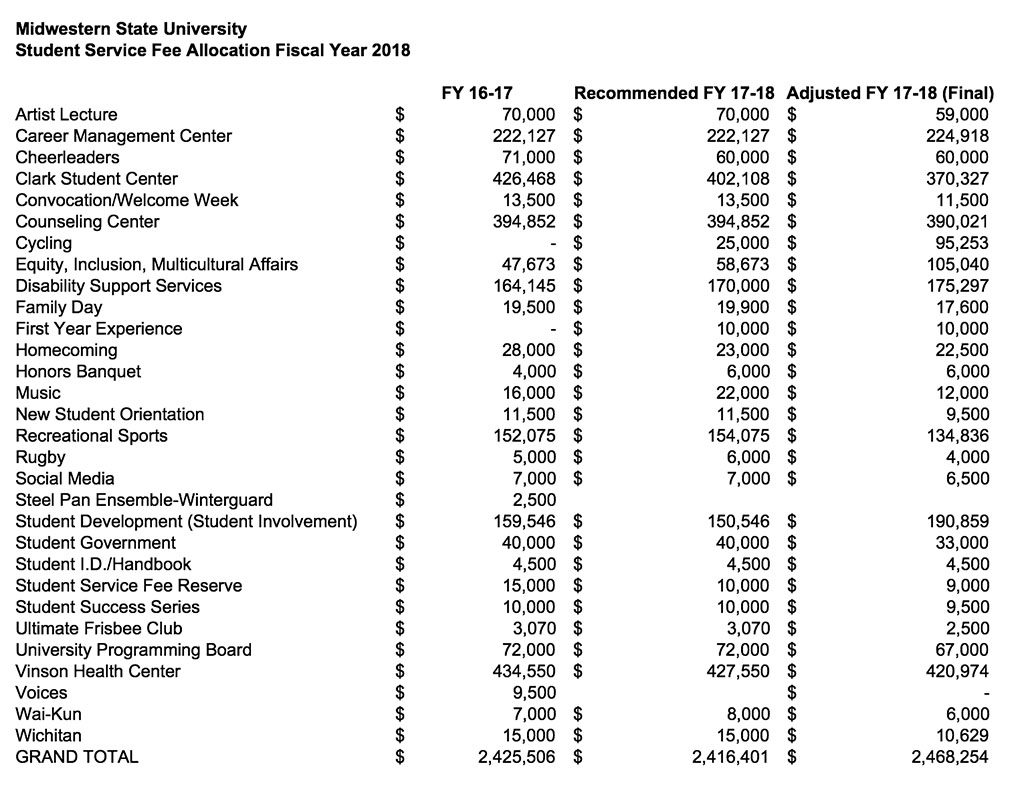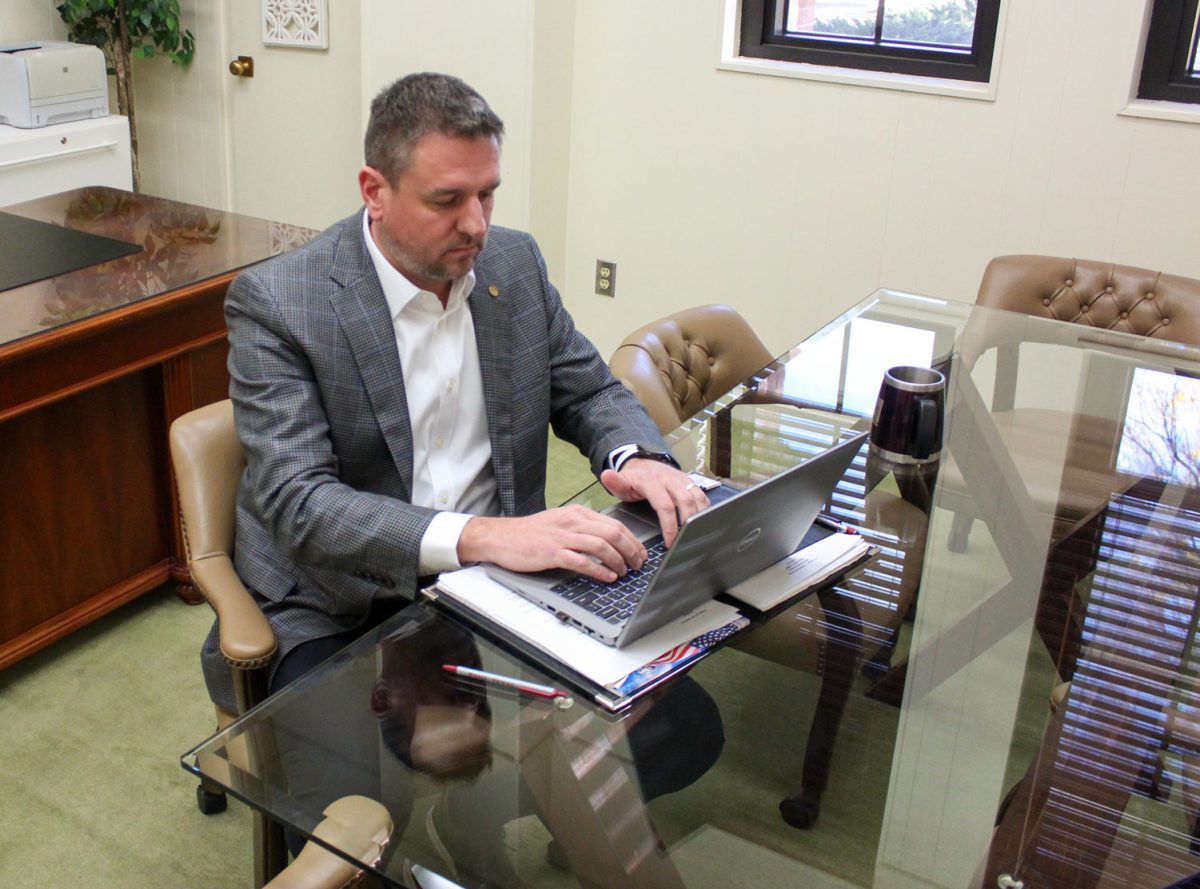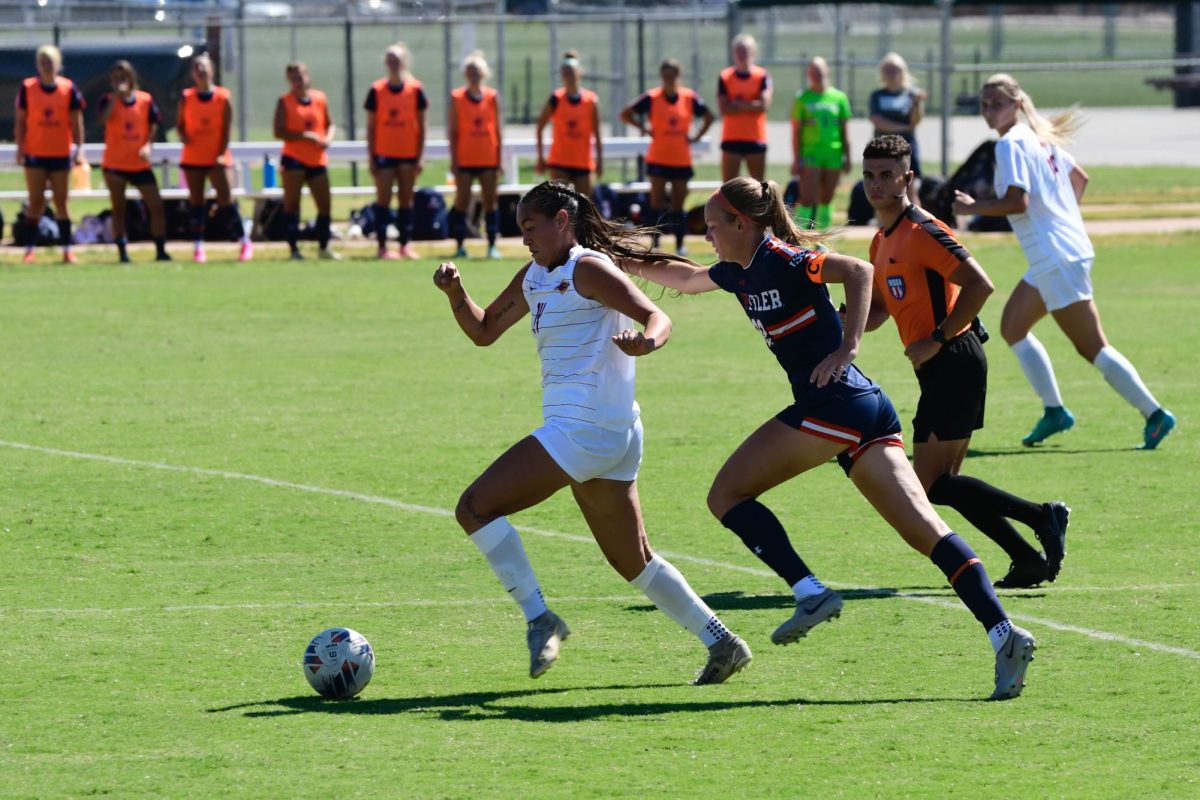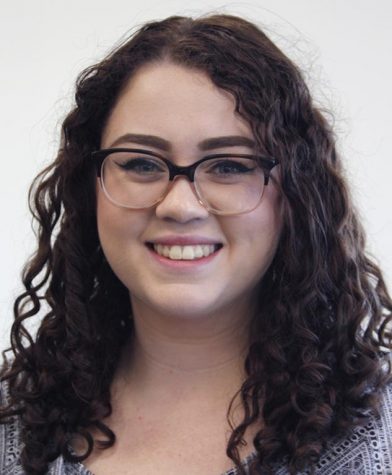
Because of a $641,000 budget shortfall caused by cuts in the state allocations, individual student fee allocations took a hit too. According to figures provided by Keith Lamb, vice president of student affairs and enrollment management, of the 30 groups that receive student fee allocations, 19 of them received budget cuts.
“We tried to be as equitable as possible and look at the current balances of everyone’s budgets to see who had healthy ones that could possibly carry over more into the next year,” Lamb said. “We all have to share in the budget decrease.”
While there were no changes in what students actually pay, there were changes in what qualifies as a student services fee, which were recommended by the Student Allocations Committee on March 3.
For example, the cycling team and the director of equity, inclusion and multicultural affairs — Syreeta Greene — were partially funded by student service fees last semester, but are now fully funded by them.
“It’s changing the tap but it’s still the same water,” Charlie Zamastil, head cycling coach, said. “It’s just coming from a different source.”
Even though cycling is a sport, it’s not considered an NCAA sport by university standards, which is why it’s under the student service fees umbrella instead of athletic fees.
“USA Cycling is the governing body of all collegiate cycling, rather than the NCAA. Even Title IX doesn’t apply to us — one issue with that is per NCAA standards, probably every kid that has ever raced a bike has received a pair of socks or a free T-shirt with their ride,” Zamastil said. “That could be used to say that they’re professional athletes per NCAA standards. USA Cycling has lots of reasons why they haven’t joined the NCAA, but that’s just one of them.”
Despite this “change in the tap,” as Zamastil said, he doesn’t foresee a change in the team’s day-to-day operations.
“We’re going to continue to operate as normal and we’re going to seek outside sponsorship to supplement our budget, as we have been. We’re supporting a men’s team and a women’s team, we race essentially three different seasons— mountain bike, road and track seasons — so we’re competing year round. So that’s three seasons worth of trips that we have to make do with our budget, so we seek sources of outside funding to meet those needs.”
Lamb said he informed the department heads about the budget cuts in June, just after they got the news about the budget shortfall.
“We wanted to make sure they had an opportunity, even a small one, to inform the necessary people about what’s going on,” Lamb said. “Everyone should have seen their budgets by now.”
Greene said she cares less about the money and more about the work.
“In doing this work, you always hold the value of doing good work regardless of where the money comes from. That’s what’s most important to me — making sure that I am living up to the mission of this office,” Greene said. “So long as we have some kind of budget to be able to do the things that we’re tasked to doing, that’s what matters most.”
- Largest budget cuts: Music (55 percent of original recommendation), rugby (67 percent), The Wichitan (71 percent), Wai-Kun (75 percent)
- Largest budget increases: Cycling (381 percent of original recommendation), director of equity, inclusion and multicultural affairs (179 percent), Student Development (127 percent) and Disability Support Services (103 percent)
This said, it’s important to consider the following from Keith Lamb:
- Several areas had balances that can be carried from 2016-17 to 2017-18, and this was considered.
- The final adjusted numbers include pay and benefit changes, which are not known at the time student allocations occur. As such, every year the final budget deviates somewhat from student allocations recommendations for budgets that have salary and benefit lines. This year, for example, state benefits will cost more and we have continued implementing the adjusted salary grades, bring to minimum and parity.
- Student Development is becoming Student Involvement, and combining portions of Student Activities with Student Development. Similarly, part of the Student Development office will become Student Transition and focus solely on orientation and transition programs. The increase seen is the result of combining portions of the student activities budget into Student Development.














